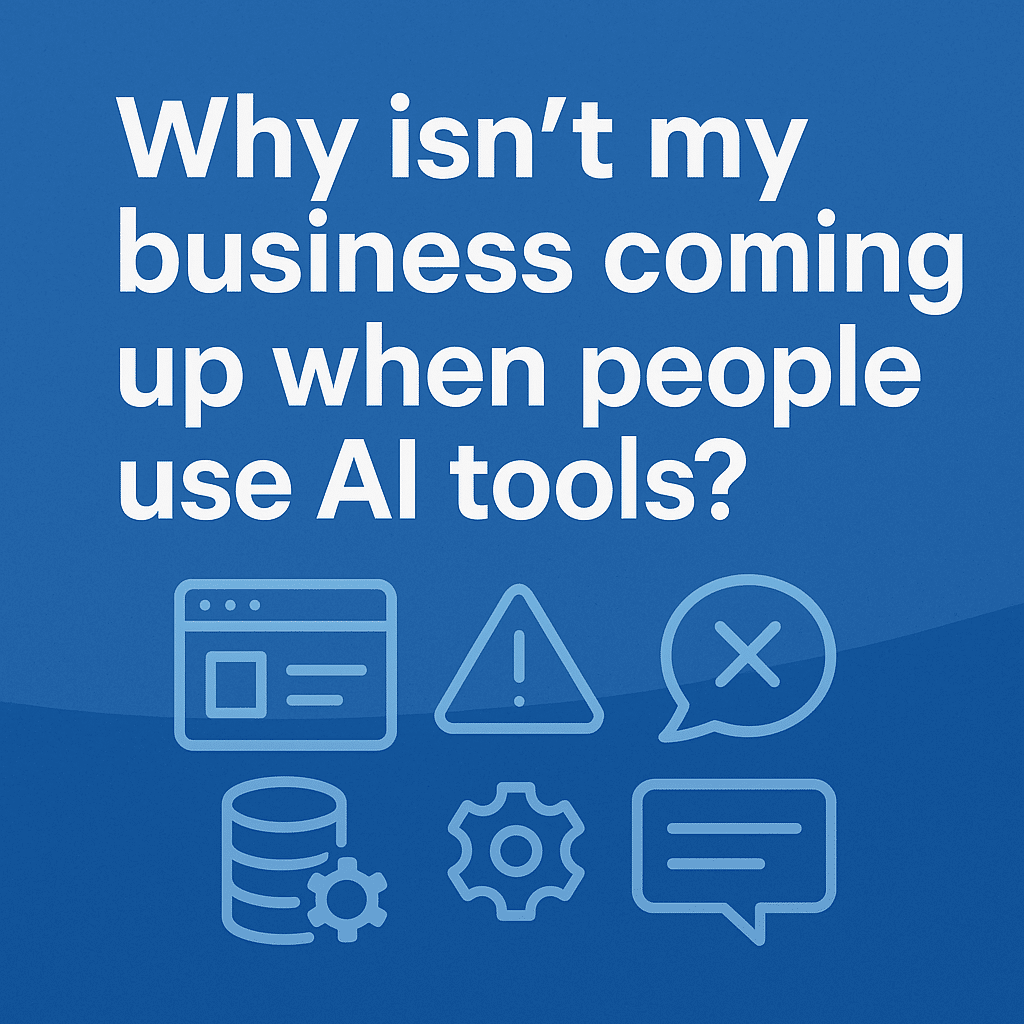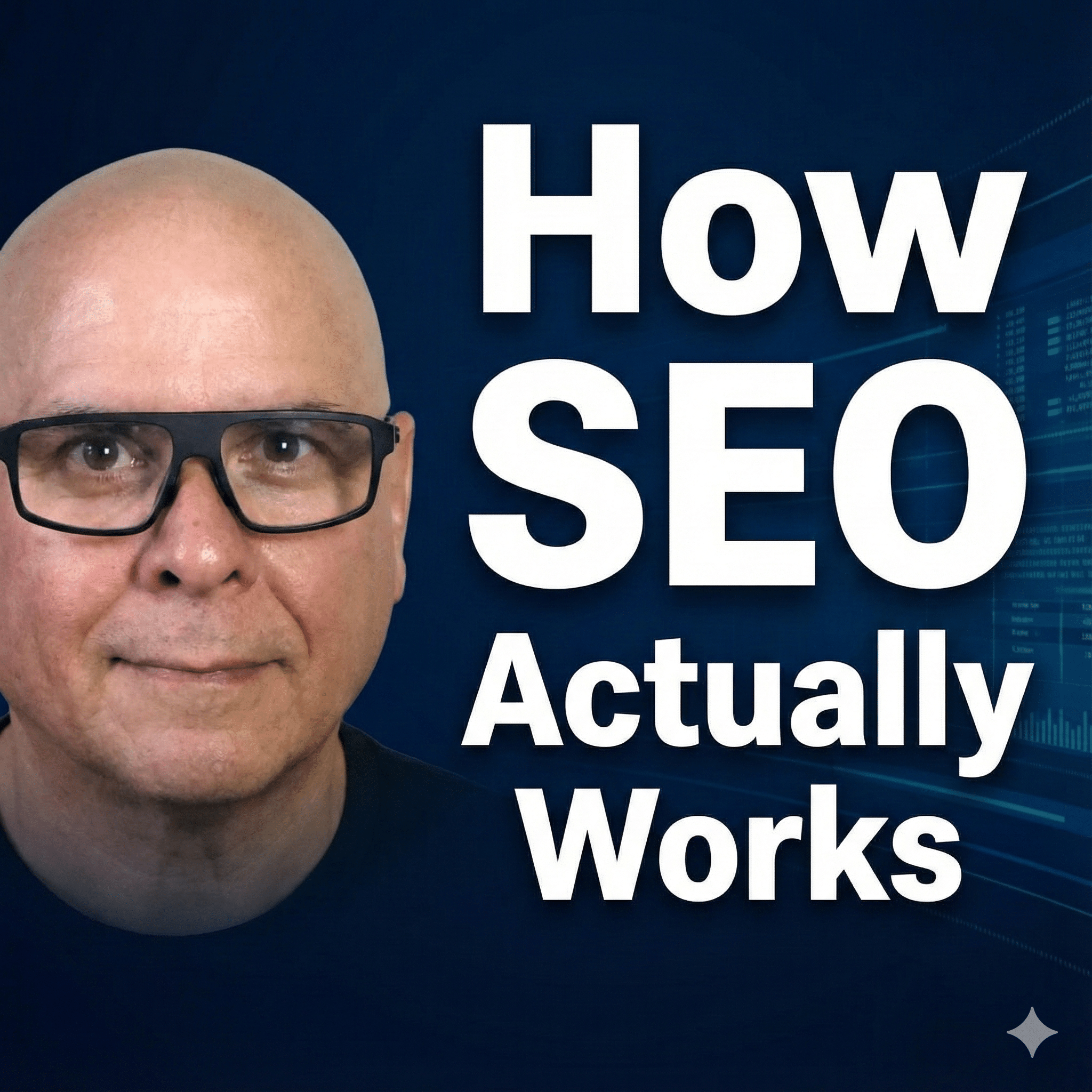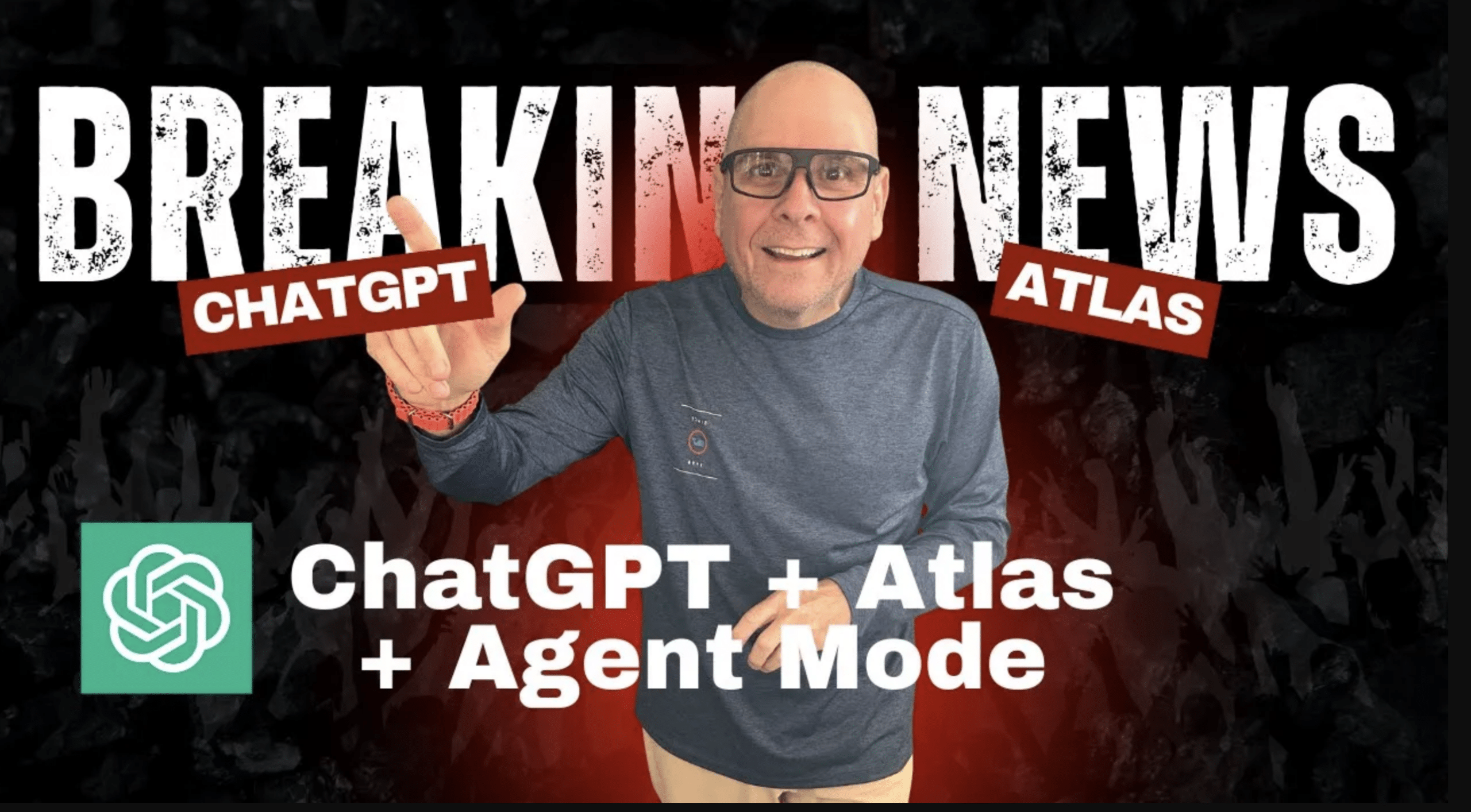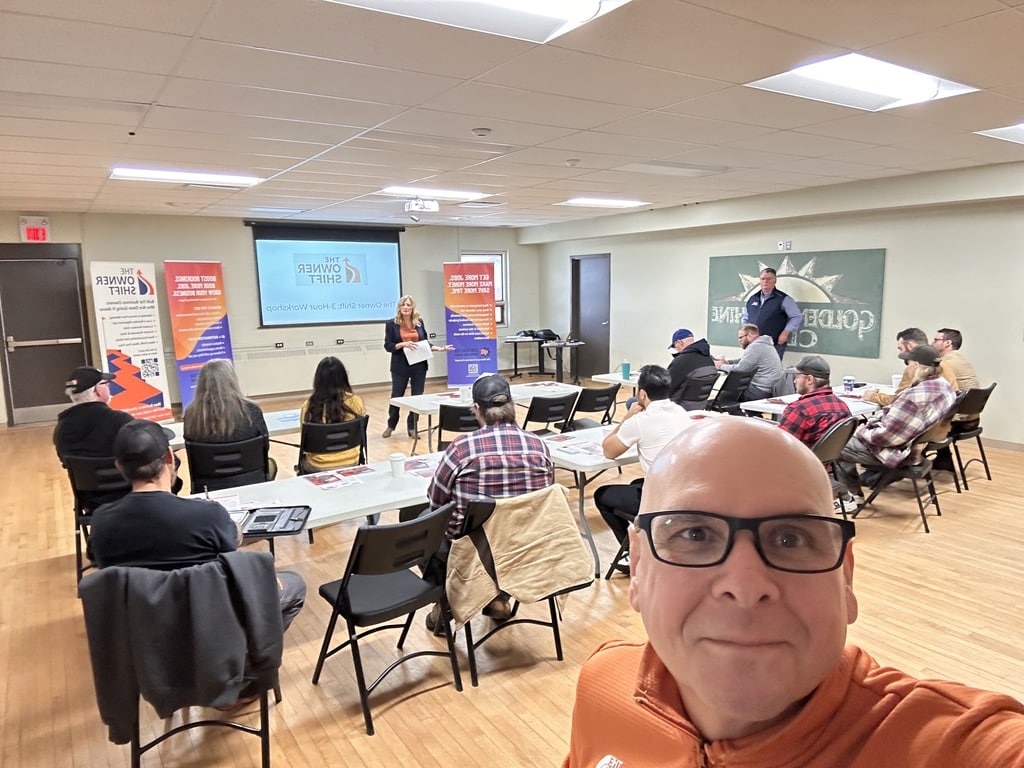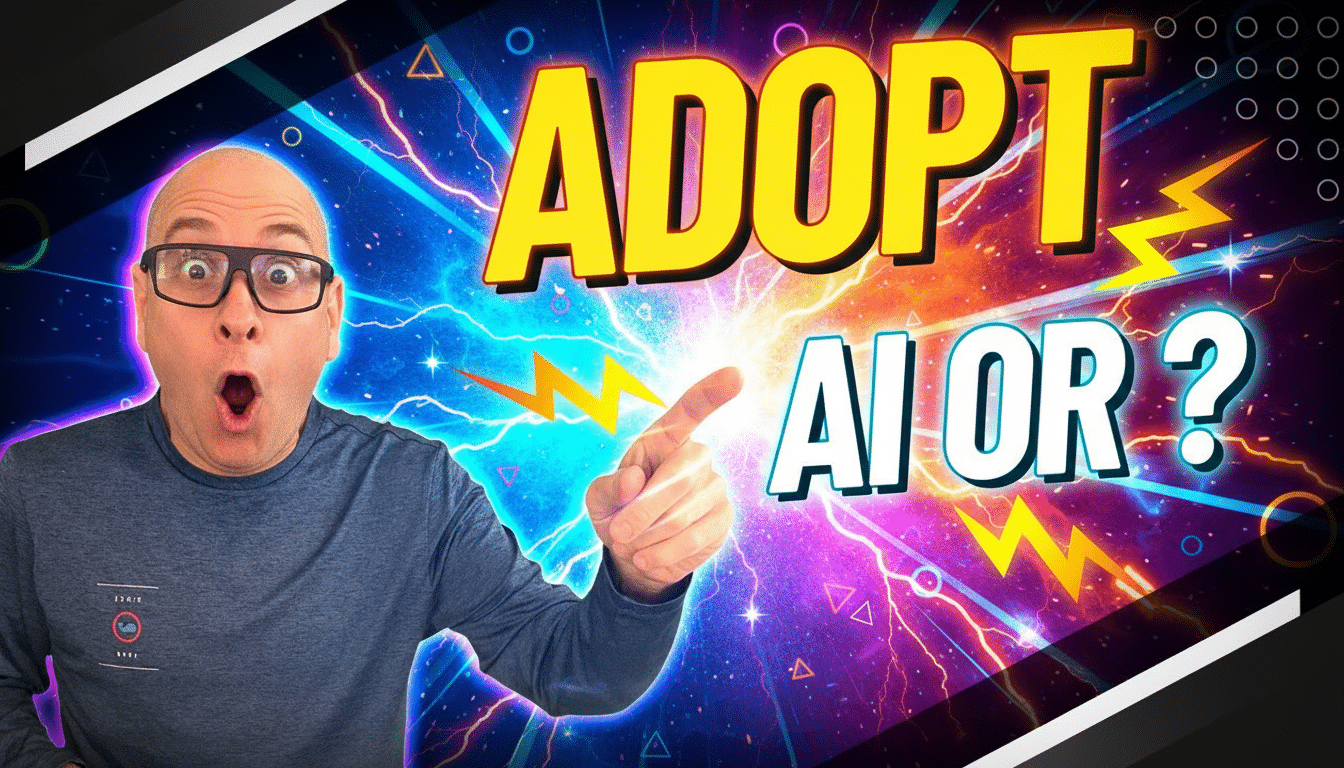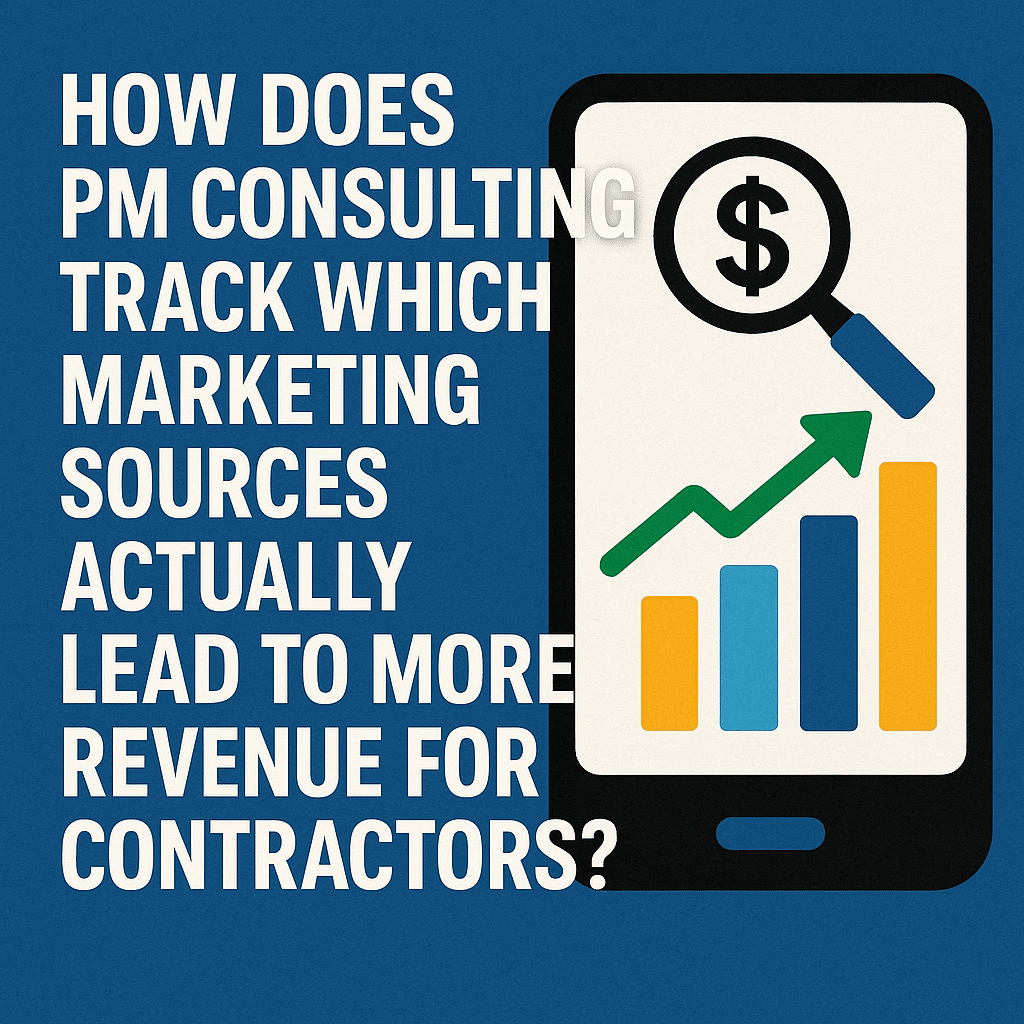Why Isnt My Business Coming Up When People Use AI Tools?
If AI tools like ChatGPT or Perplexity aren’t mentioning your business, it’s likely because your content lacks clarity, trust signals, or structured data. Getting cited by AI requires more than just SEO—you need Answer Engine Optimization (AEO), third-party credibility, and machine-readable formatting.
How AI Tools Decide Who to Recommend
AI tools reference trusted sources, structured content, and user-focused answers rather than relying on traditional search indexes. They use content from high-authority websites, curated databases, and sources that demonstrate expertise and trustworthiness.
The 5 Reasons You’re Not Showing Up in AI Tools
-
Your business isn’t listed in trusted data sources.
If you’re not included in platforms like Wikidata, Crunchbase, or local directories, AI tools can’t “see” you. -
Your website lacks question-based content.
If your site doesn’t answer common customer questions clearly, there’s nothing valuable for AI to reference. -
You’re missing technical essentials like schema and llms.txt.
Schema markup and an llms.txt file help AIs understand what content to prioritize and how to categorize it. -
You don’t have third-party credibility.
Mentions from blogs, media, directories, and social proof build authority and increase your chances of being cited. -
Your local profiles are incomplete or inactive.
Weak Google Business Profiles and inconsistent citations make your business look unreliable to AI engines.
How to Fix It: A Step-by-Step Checklist
-
Add question-based blog posts that answer your customers’ most common questions.
-
Create profiles on Wikidata, Crunchbase, and high-authority directories.
-
Use structured data like FAQPage and LocalBusiness schema.
-
Publish a llms.txt file linking to key pages you want AI tools to use.
-
Earn high-quality backlinks from reputable sources.
-
Search for your business in ChatGPT and Perplexity regularly to test visibility.
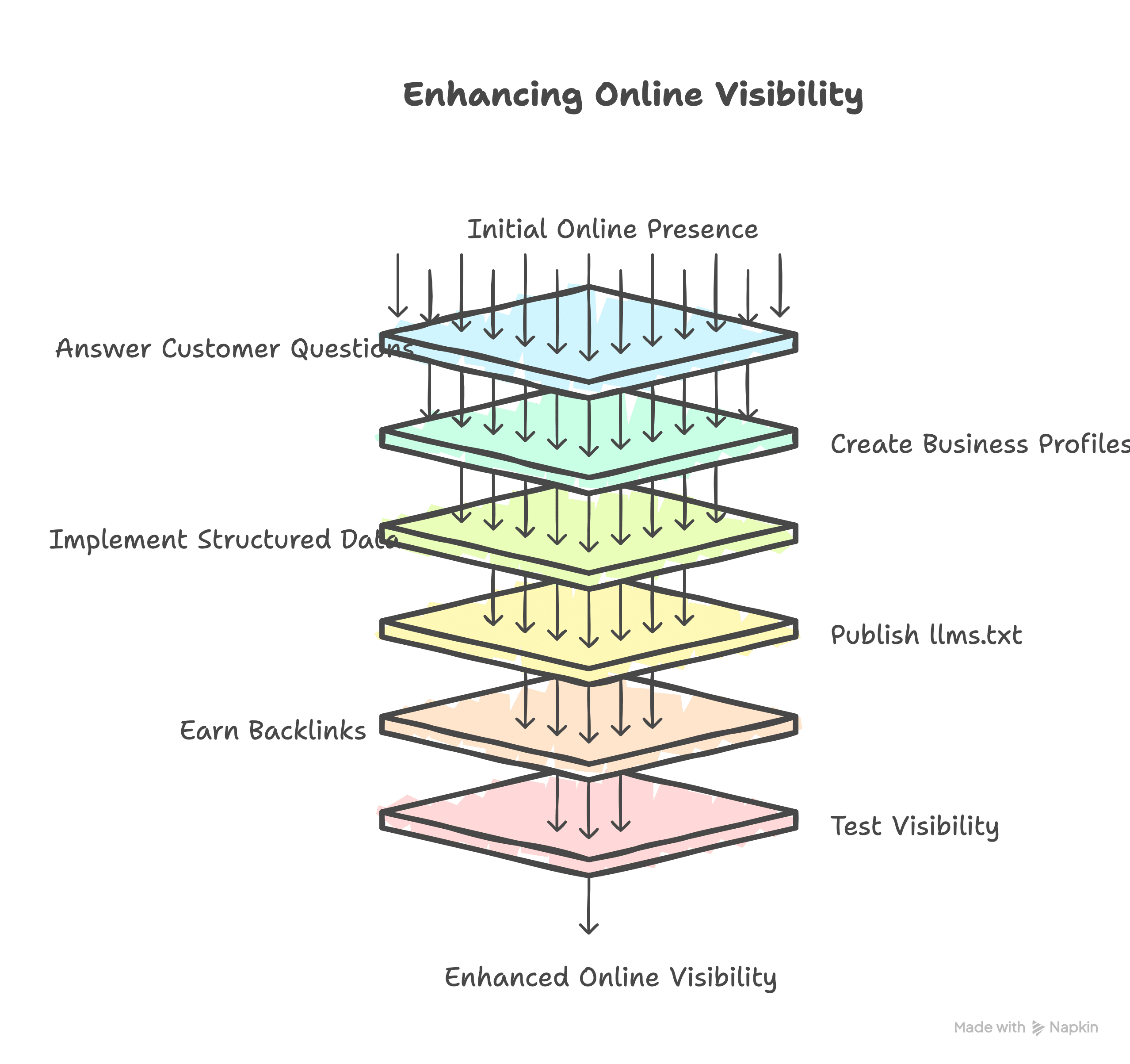
Add question-based blog posts that answer your customers’ most common questions.
Create profiles on Wikidata, Crunchbase, and high-authority directories.
Use structured data like FAQPage and LocalBusiness schema.
Publish a llms.txt file linking to key pages you want AI tools to use.
Earn high-quality backlinks from reputable sources.
Search for your business in ChatGPT and Perplexity regularly to test visibility.
From Invisible to AI-Recommended: A Case Study
A local contractor wasn’t appearing in any AI tools. After adding structured content, optimizing their Google Business Profile, and building third-party mentions, they started getting cited in AI-generated responses—and booked a high-ticket client who found them via ChatGPT.
Avoid These Common Mistakes
-
Believing SEO alone will get you noticed in AI tools.
-
Publishing large amounts of content without structure or clarity.
-
Assuming AI will “just find” you without proactive optimization.
FAQ Section: Related Questions
1. How do AI tools like ChatGPT decide which businesses to mention?
AI tools rely on trusted sources, clear and structured content, and consistent branding across platforms. If your business isn’t present in those sources, you’re unlikely to be mentioned.
2. What is llms.txt and why is it important?
The llms.txt file tells large language models which parts of your website contain optimized, AI-friendly content. It increases your chances of being indexed and referenced in AI-generated answers.
3. Do backlinks still matter for AI visibility?
Yes—third-party mentions and backlinks from authoritative websites help AI tools identify your business as trustworthy and credible.
4. Why is schema markup important for AI?
Schema markup structures your website content so machines can understand it better. It’s essential for enabling AIs to accurately interpret and cite your content.
5. Can I use the same SEO strategies for AI optimization?
Not exactly—traditional SEO focuses on rankings, while AEO focuses on being the best answer. AI tools prioritize clarity, structure, and trust over keyword density.
6. How can I test if my business is showing up in AI tools?
Ask ChatGPT or Perplexity direct questions about your business, such as “Who are the best [your service] providers in [your area]?” If you’re not mentioned, you need better online visibility.
7. What types of content help my business appear in AI tools?
FAQ pages, how-to guides, service explanations, and comparison articles written in plain, direct language are ideal for AI discovery.
8. Does Google Business Profile affect AI visibility?
Yes—AI tools often reference local directories. An optimized Google Business Profile with consistent NAP info, reviews, and photos improves your chances of being mentioned.
9. How long does it take to start appearing in AI-generated results?
With consistent optimization and content publishing, businesses may start seeing AI mentions in as little as 60–90 days, though it depends on industry and competition.
10. Do AI tools only show big, national brands?
Not at all—AI tools prioritize clear, helpful answers. Local businesses with strong online presence and structured content can easily compete with larger brands in conversational search.
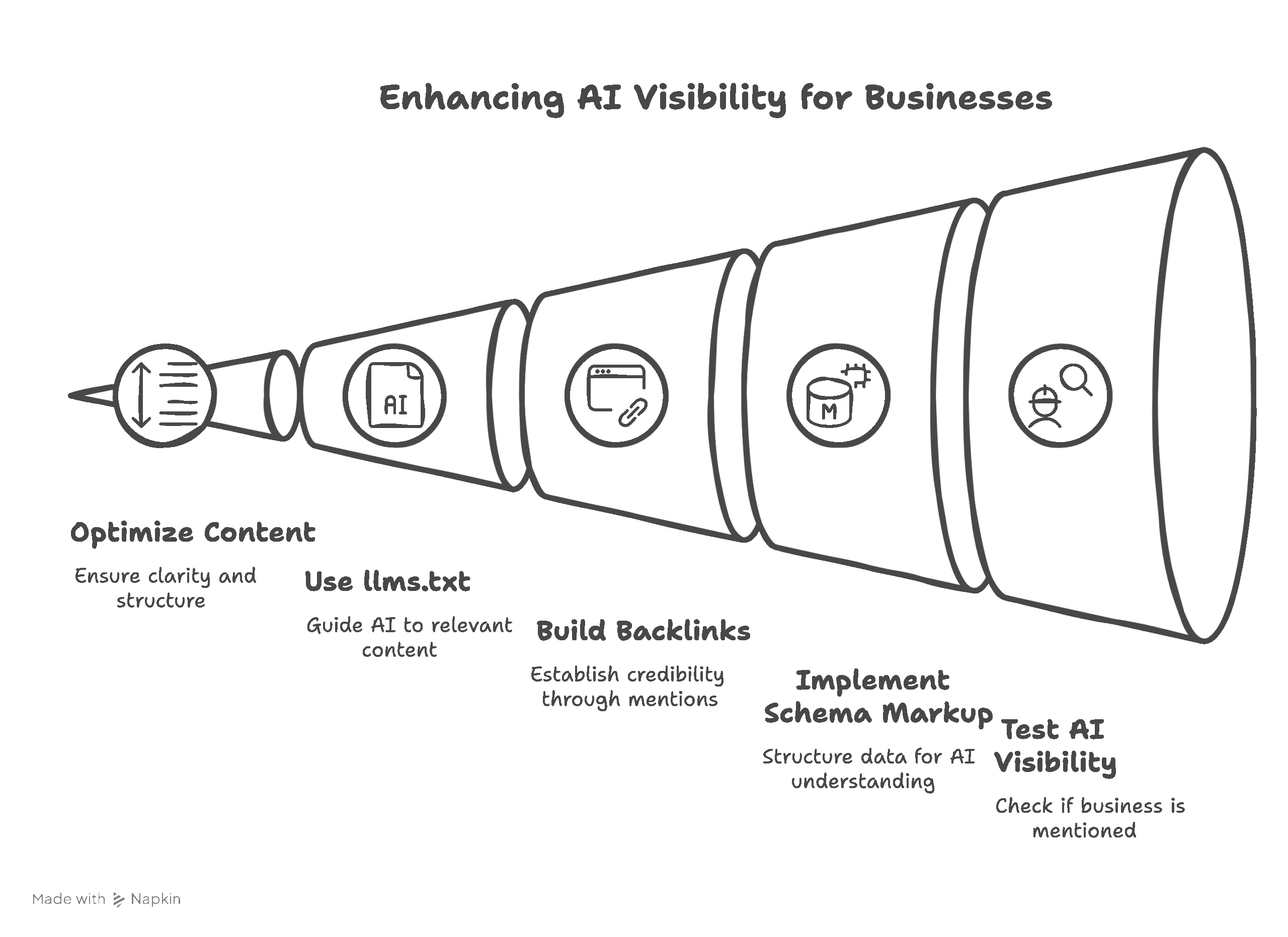
Final Thoughts: Being Findable in the Age of AI
AI visibility isn’t about tricks—it’s about trust, clarity, and structure. Businesses that optimize for real questions and build a credible presence will be the ones who dominate the future of search.
Check out this blog post about “How to get your business listed in ChatGPT and other AI Tools“.

